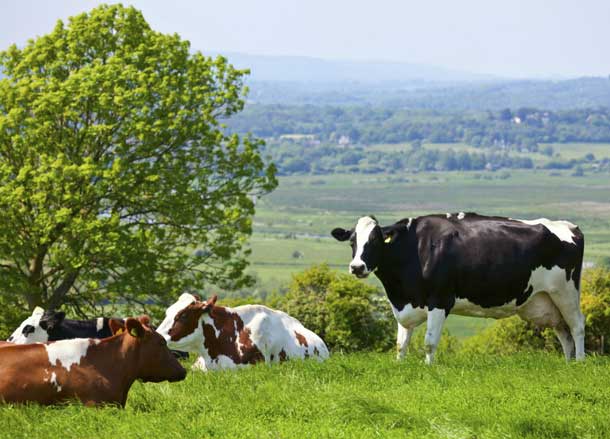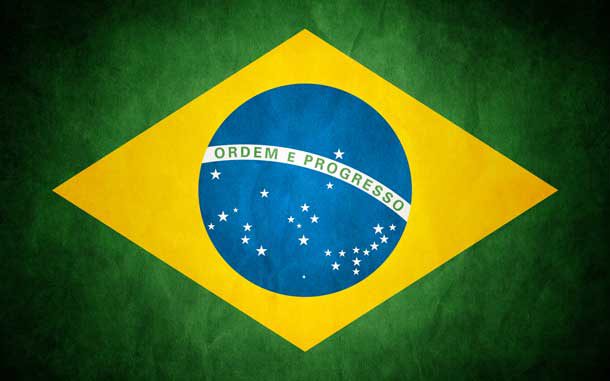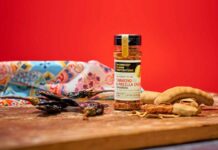

Canada, as one of Brazil’s main livestock industry competitors, will likely gain from this scandal, but the industry should not become too complacent
By Sylvain Charlebois
Columnist
Troy Media
HALIFAX, N.S BUSINESS – Brazil, the largest exporter of meat products in the world, faces a food fraud crisis – and it seems federal authorities have been complicit. There’s a lesson here for Canada.
Brazil authorities recently announced they would investigate several companies, including meat-packing giants JBS SA and BRF SA. The companies are accused of bribing licensed inspectors to approve rotten meat products for international sale and export.
Given that the companies and government are allegedly involved, this could become one of the worse food fraud scandals in modern times.
The investigation, dubbed Operation Weak Flesh, began more than two years ago and still isn’t finished. More than 40 companies and several bureaucrats are involved.
This is a textbook case of economically-motivated food adulteration. Various animal parts were allegedly used as substitutes for more expensive ingredients or products. Any suspicious smells were allegedly camouflaged through the use of acid, a food safety nightmare. It appears these products were delivered to schools, hospitals and other institutions. Even Walmart is a buyer and has requested an explanation about the risks involved.
As we often see in food fraud cases, every company involved is denying all allegations.
Brazilian meat product exports account for well over C$14 billion and are distributed to many parts of the world, including Asia and Europe. That could decline significantly. Share values for JBS SA and BRF SA have decreased by 10 per cent over the past few days.
Given the political and economic climate in Brazil, this couldn’t have happened at a worse time. The economy is mired in one of the deepest depressions in its history, and the country is dealing with the aftermath of the high-profile Petrobras scandal, which also involved the public and private sectors.
This new scandal will hit agri-food, one of Brazil’s largest economic sectors, very hard.
It also strikes yet another blow to the global livestock industry. It gives more ammunition to those opposed to the industrialization of agriculture and the role of agribusinesses. Questions about the sustainable and ethical nature of massive livestock production have abounded for years. As a result, consumers in the industrialized world are increasingly reducing their intake of animal protein, particularly beef.
Nonetheless, agri-food firms exist to make food systems more efficient and food more affordable. Society has benefited from these corporations, whether we realize or not.
For that beneficial relationship to endure, ethics must play a key part. Even if most companies operate by upholding shared values with consumers, there are those that spoil it for everyone else.
That’s obviously shameful.
Public policy exists to protect consumers but ill-designed regulations can lead to market failures, compounding the fallout. In Brazil, licensed companies have a direct influence over who inspects their facilities. Inspectors are only human and can be compromised.
Had a proper regulatory framework been in place, this scandal could likely have been prevented.
Ironically, JBS SA, as JSB Food Canada, runs the Brooks, Alta., plant that was operated by XL Foods during the infamous meat recall in 2012. At the time, Canadian inspectors weren’t diligent enough and didn’t ask the company to make necessary changes in areas where they were found in breach of federal regulations. Maintenance deferral was permitted countless times.
We learned from the XL Foods incident and made changes to how we manage Canada’s inspection force.
Interestingly, JBS bought the Brooks plant during the recall investigation. This speaks to the culture of the industry, repeated worldwide, and now it’s Brazil’s turn to reap the consequences.
It took Brazil decades to convince the world its meat products were worthy of export. Actor Robert de Niro even was a spokesperson for the industry. Operation Weak Flesh could destroy this reputation completely. A number of countries have called for sanctions on Brazilian meat products and some have already been implemented.
Canada, as one of Brazil’s main livestock industry competitors, will likely gain from all of this. Canadian ranchers are very aware.
But let’s hope arrogance won’t make our sector complacent again, as we witnessed with the mad cow disease mess in 2003. We must learn from that – and from what has happened in Brazil.
Canadian livestock and meat scandals were a cakewalk compared to what’s going on in Brazil. But with food fraud, which is often complicated, you can never be too careful.
Troy Media columnist Sylvain Charlebois is dean of the Faculty of Management and a professor in the Faculty of Agriculture at Dalhousie University, and author of Food Safety, Risk Intelligence and Benchmarking, published by Wiley-Blackwell (2017).
© 2017 Distributed by Troy Media
The views, opinions and positions expressed by all columnists and contributors are the author’s alone. They do not inherently or expressly reflect the views, opinions and/or positions of NetNewsLedger.





